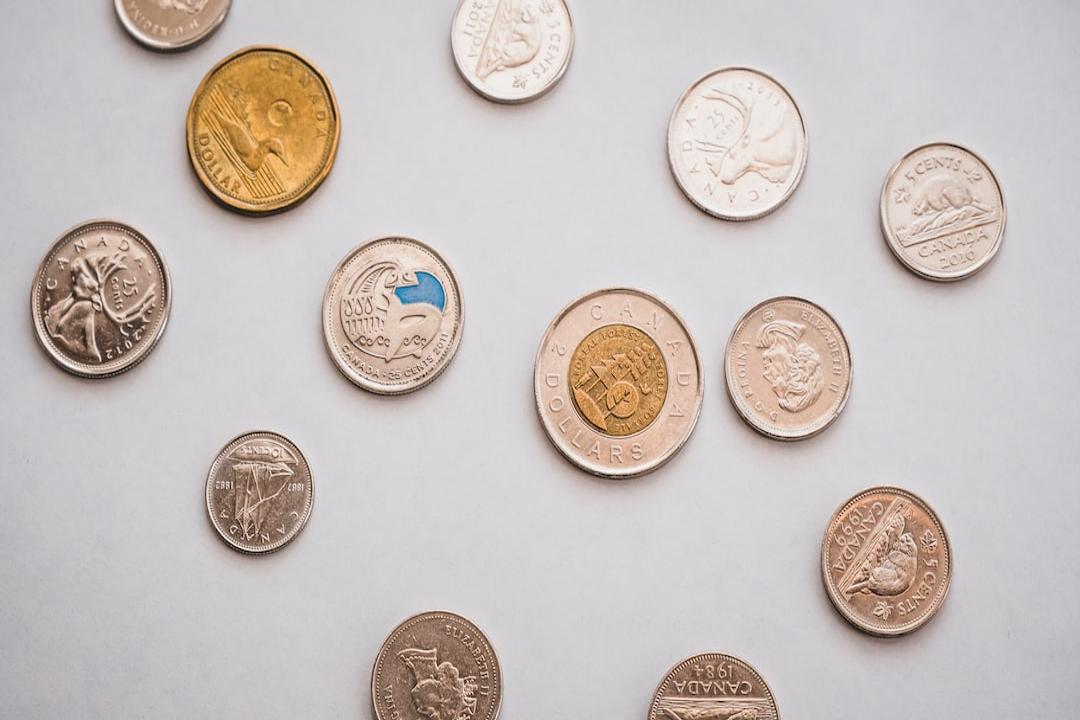Investment firm Borderless Capital has announced its third fund dedicated to decentralized physical infrastructure networks (DePINs).
According to a Sept. 18 statement, the venture firm launched a $100-million fund to invest in blockchain-based projects working on developing and maintaining physical infrastructure worldwide. The firm has been investing in the sector since 2021, backing projects such as Helium, Render Network and GEODNET.
The new fund is led by Álvaro Gracia, a former Telefónica executive, and Helium co-founder Sean Carey, with support from the layer-1 blockchain Peaq, the Solana Foundation, Jump Crypto and IoTeX.
“We are making a bold bet on DePIN because we believe it’s one of the most revolutionary innovations in the Web3 space,” commented Gracia, who’s also a partner at Borderless Capital.
DePINs are decentralized systems that employ blockchain technology to build and maintain physical infrastructure, such as connectivity networks, computing power or geolocation services. Instead of relying on traditional centralized companies or governments, DePIN projects allow individuals and smaller entities to contribute resources — like hardware, data or services — to the network and get rewarded with tokens.
Helium and Filecoin are examples of projects delivering decentralized infrastructure onchain. Helium offers a network for Internet-of-Things devices, using nodes as hotspots for wireless connectivity. Meanwhile, Filecoin provides a decentralized way to store and retrieve data, allowing users to rent out spare storage space or purchase storage on the network. Other protocols, like Hivemapper, use dash-mounted cameras to crowdsource map data.
“DePIN is a game-changer for underserved areas, providing critical infrastructure and services,” said Carey. According to the “2024 DePIN Development Report,” this market is expected to reach a size of $3.5 trillion by 2028.

DePIN projects by category. Source: IoTEx/Dune Analytics
The rise of DePIN protocols over the past few years has attracted layer-1 blockchains to focus on the intersection of devices, connectivity and decentralized services. The Solana Foundation, for instance, is
working on upgrading its network infrastructure
to improve reliability for DePIN applications. “We’re seeing a ton of up-and-coming deep-end projects that are doing everything,” noted Solana Foundation’s DePIN lead, Kuleen Nimkar, in a previous interview with Cointelegraph.
According
to data available on Dune Analytics, the total number of devices across 276 tracked DePIN projects has crossed $18 million, while the market capitalization of these protocols stands at over $29 million at the time of writing.
Magazine:
Proposed change could save Ethereum from L2 ‘roadmap to hell’
Trending
- Bitcoin price surges to $98K as buyers participate in ‘Santa rally’
- DeFi Hacks Decrease by 40% in 2024, While CeFi Breaches Escalate to $694 Million: Hacken
- Aave Considers Integrating Chainlink to Reimburse Users for MEV Fees
- Italy imposes a $15M fine on OpenAI for violating data protection and privacy regulations.
- Quantum Computing Will Strengthen Bitcoin Signatures: Adam Back
- Bitcoin’s social sentiment reaches annual low, indicating an imminent BTC breakout.
- Spacecoin XYZ successfully deploys inaugural satellite within outer space blockchain network
- French Regulator Approves Cryptocurrency Operations for BPCE Subsidiary


